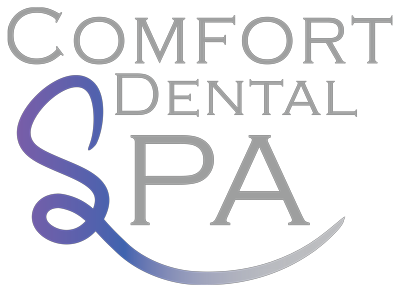Hormonal changes lead to women’s susceptibility to oral health problems. Hormones affect the blood supply to gum tissue and the body’s response to toxins released by plaque.
Women become more susceptible to oral health problems as their bodies grow and change throughout their lives. There are five times in a woman’s life when hormones fluctuate: puberty, during their menstrual cycle when using birth control, pregnancy, and menopause.
During puberty, the surge of estrogen and progesterone increases blood flow to gums and changes tissue reaction to plaque. The reaction causes the gum tissue to redden, swell, and bleed while brushing and flossing.
The increase of progesterone a woman experiences during her menstrual cycle will cause her to experience red, swollen gums, swollen salivary glands, development of canker sores, or bleeding gums. Menstruation gingivitis usually occurs a day or two prior to her cycle but will clear up shortly after her cycle begins.
The progesterone in birth control can promote gum tissue inflammation due to the body’s reaction to plaque toxins. Women should advise their dentists if they use oral contraceptives.
While pregnant, a woman encounters vast hormone surges. In the second to eighth month of pregnancy, women may experience pregnancy gingivitis due to an increase in progesterone. Your dentist may recommend more frequent dental cleanings to reduce the chance of developing gum disease, which could lead to preterm labor or low birth weights.
When a woman approaches menopause, she undergoes numerous changes in her oral health. Medication affects women’s oral health and hormonal changes. These changes include altered taste, burning sensations in the mouth, greater sensitivity to heat and cold, and decreased salivary flow, leading to dry mouth.
A dry mouth and loss of estrogen can result in gum disease and tooth decay. Saliva moistens and cleans the mouth, neutralizing the acids produced by plaque. Loss of estrogen increases the risk of bone density loss, which could also lead to tooth loss.
